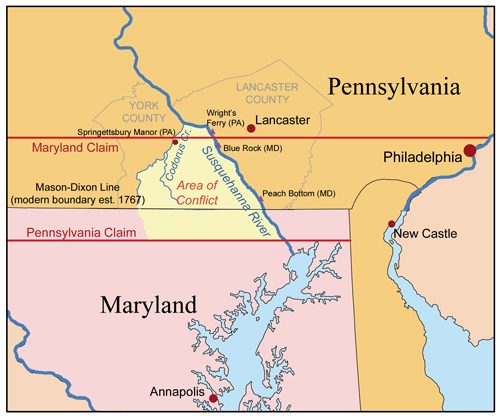|
Miles B. Carpenter
Miles Burkholder Carpenter (May 12, 1889 – May 7, 1985) was an American folk sculptor. Carpenter was a native of Lancaster County, Pennsylvania, and was the eighth of eleven children of farmer Wayne M. Carpenter and his wife, Elizabeth R. Burkholder Carpenter; he was the fourth of seven boys, and was born on Cedar Hill Farm near Brownstown, Lancaster County, Pennsylvania, Brownstown. He attended a one-room school and worked on the family farm with his siblings. In the spring of 1902 the Carpenters moved to Virginia, where Wayne had acquired 340 acres near Waverly, Virginia, Waverly for farming; he would later build a sawmill as well. On May 19, 1915, Miles Carpenter married Mary Elizabeth Stahl, of Carbon County, Pennsylvania, with whom he had a son. Around 1912 Miles, with financial assistance from his father, purchased a vacant factory which he soon began to operate as a lumber mill, producing finished wood for local builders. He operated a sawmill and made and sold ice, and f ... [...More Info...] [...Related Items...] OR: [Wikipedia] [Google] [Baidu] |
Lancaster County, Pennsylvania
Lancaster County (; Pennsylvania Dutch: Lengeschder Kaundi), sometimes nicknamed the Garden Spot of America or Pennsylvania Dutch Country, is a county in the Commonwealth of Pennsylvania. It is located in the south central part of Pennsylvania. As of the 2020 census, the population was 552,984. Its county seat is Lancaster. Lancaster County comprises the Lancaster, Pennsylvania metropolitan statistical area. Lancaster County is a tourist destination with its Amish community a major attraction. Contrary to popular belief, the word "Dutch" in "Pennsylvania Dutch" is not a mistranslation, but rather a corruption of the Pennsylvania German endonym ''Deitsch'', which means "Pennsylvania Dutch / German" or "German". Ultimately, the terms Deitsch, Dutch, Diets, and Deutsch are all cognates of the Proto-Germanic word meaning "popular" or "of the people". The continued use of "Dutch" instead of "German" was strengthened by the Pennsylvania Dutch in the 19th century as a way of distin ... [...More Info...] [...Related Items...] OR: [Wikipedia] [Google] [Baidu] |
